If you are looking for some inspiration for your next travel destination, you might want to check out the top 10 happiest countries in the world. According to the World Happiness Report 2023, these are the countries that scored the highest on various indicators of well-being, such as life satisfaction, social support, freedom, generosity, and trust. The report is produced by the Sustainable Development Solutions Network, a global initiative of the United Nations.
In this article, we will explore what makes these countries so happy and what you can learn from them.
-
Australia
Australia is known for its laid-back lifestyle, beautiful beaches, and diverse wildlife. The country ranks high on health, education, and income, as well as environmental quality and civic engagement. Australians enjoy a strong sense of community and a culture of volunteering. They also have a lot of opportunities to enjoy nature and outdoor activities, which can boost their mood and mental health.
Australia is a country that is known for its unique and diverse wildlife. Among the many animals that inhabit the continent, two of the most iconic and recognizable are the koala and the kangaroo. These two marsupials have become symbols of Australia, representing its culture, identity, and heritage.
Send money to Australia with high secure and speedy process: https://ezyremit.com/
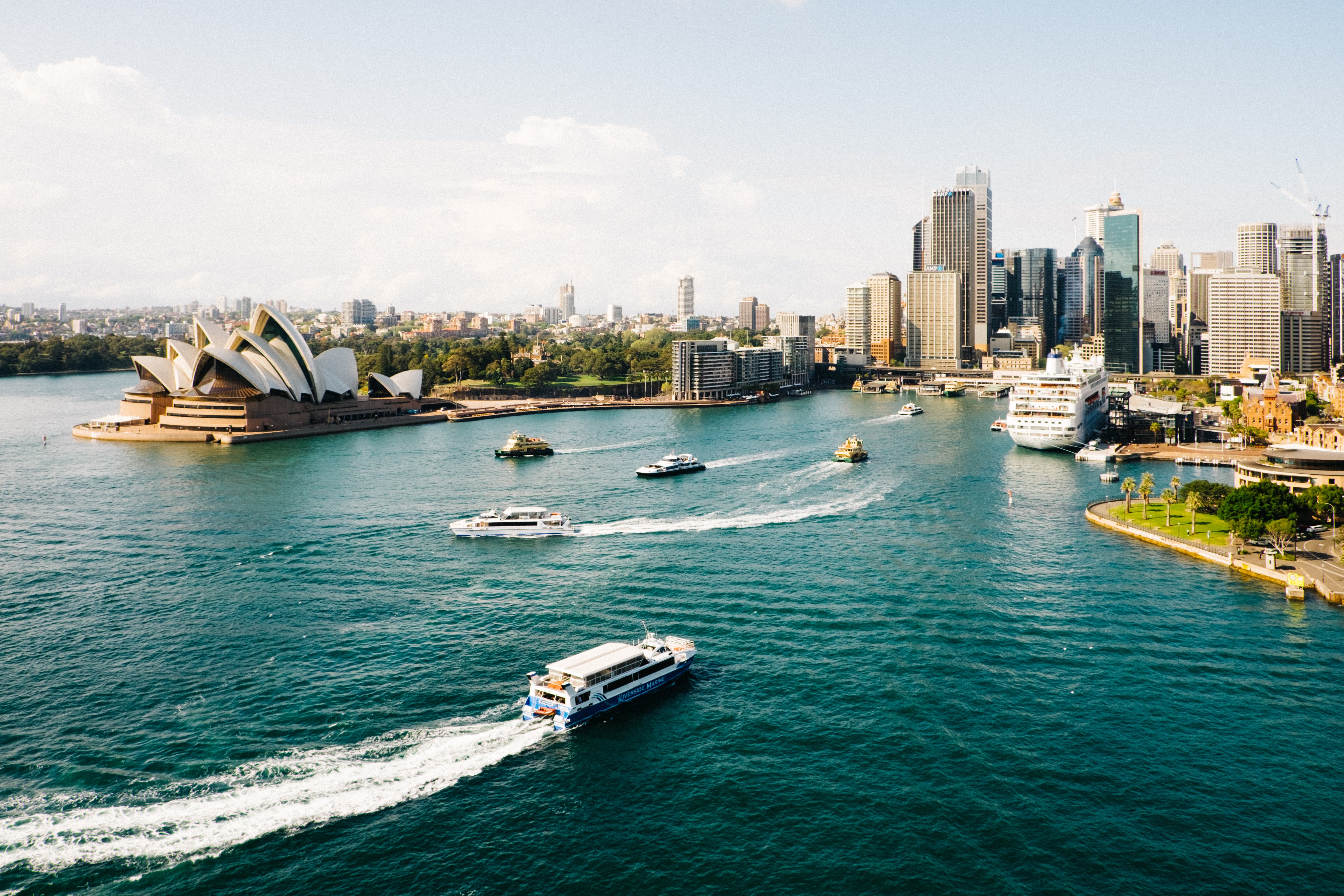
Source: Sydney, Opera House during daytime photo – Free Sydney Image on Unsplash

Source: Koala bear clinging on tree branch photo – Free Australia Image on Unsplash
Want to know more about why animals in Australia can kill you? https://www.thrillist.com/travel/nation/things-in-australia-that-will-kill-you-animals-that-will-try-to-kill-you
-
Sweden
Sweden is a Nordic country that combines a high standard of living with a strong social safety net. The country offers free health care and education, as well as generous parental leave and childcare policies. Swedes value equality, democracy, and human rights, and have a high level of trust in their institutions and each other. They also have a rich cultural heritage and a vibrant creative scene.
There are many things you can do in Sweden, depending on your interests and preferences. Here are some suggestions:
- If you love nature and outdoor activities, you can hike, bike, paddle, ski, or camp in Sweden’s beautiful landscapes. You can also explore the Stockholm archipelago, which has thousands of islands and skerries to discover.
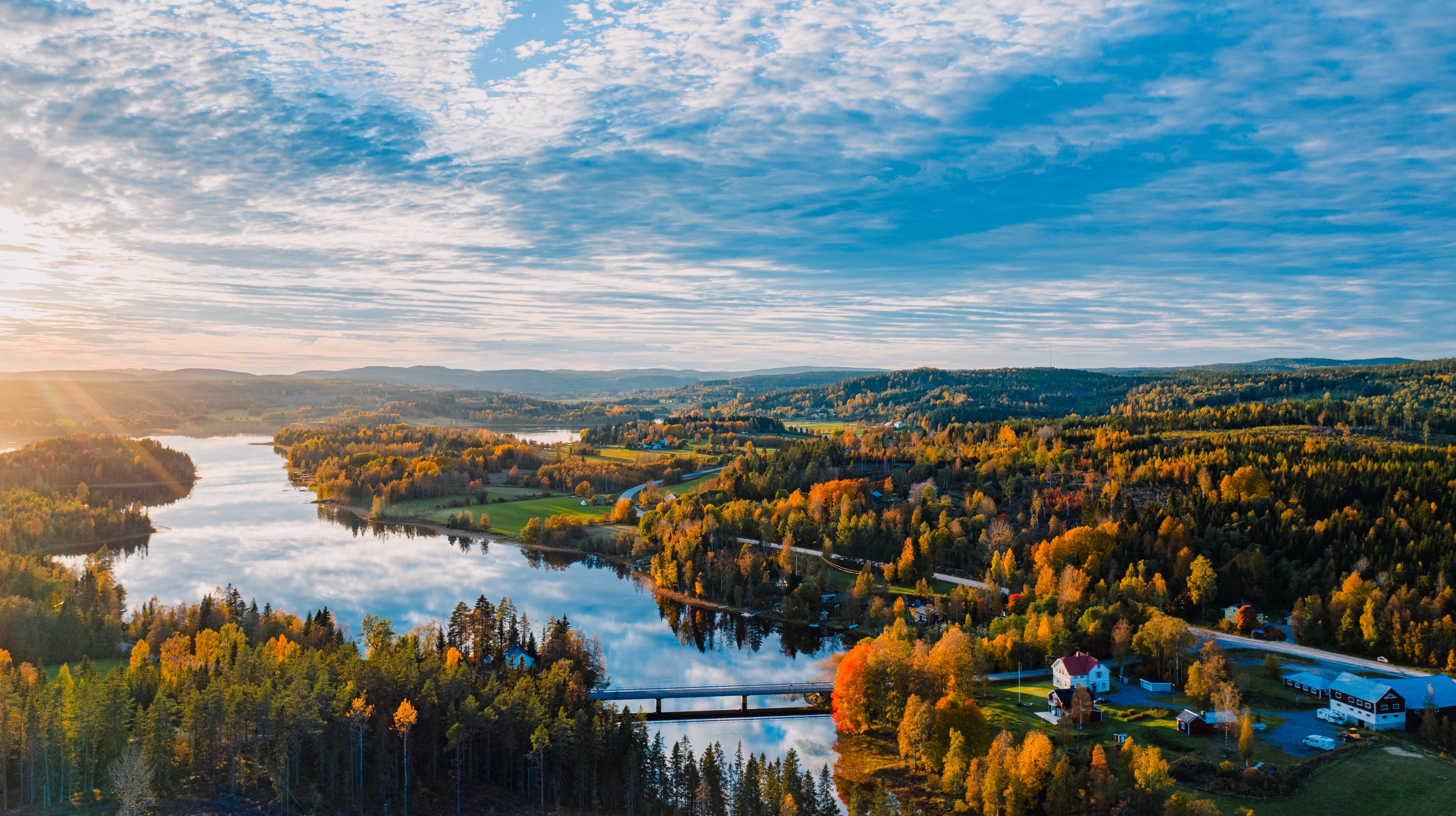
Source: https://unsplash.com/photos/EqtvTJ-ufnM
- If you are interested in culture and history, you can visit some of Sweden’s many museums, castles, churches, and historic sites.
Learn more about Vasa Museum: https://www.vasamuseet.se/en
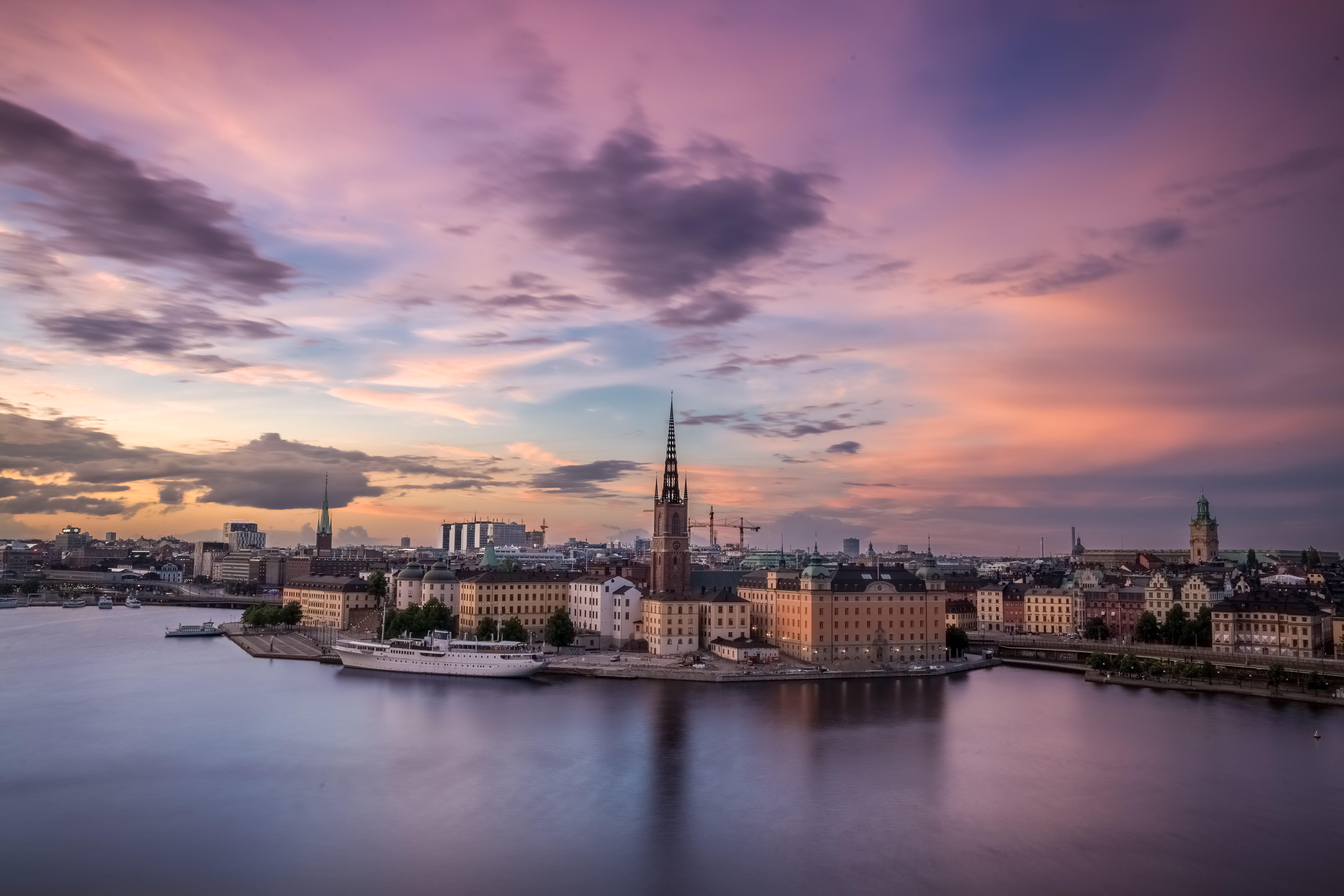
Source: https://unsplash.com/photos/3cwvFD-YPtk
- If you enjoy food and drink, you can taste some of Sweden’s culinary delights, such as meatballs, herring, crayfish, lingonberries, and cinnamon buns. You can also try some of the local beverages, such as coffee, glögg (mulled wine), and snaps (a strong spirit flavored with herbs and spices). You can also join a fika, a social ritual that involves having coffee and cake with friends or colleagues.
- If you are looking for fun and entertainment, you can visit some of Sweden’s amusement parks, such as Liseberg in Gothenburg or Gröna Lund in Stockholm.
-
New Zealand
New Zealand is an island nation that boasts stunning natural scenery, from mountains and glaciers to forests and beaches. The country has a low population density and a high level of environmental protection, which contributes to its clean air and water. New Zealanders are friendly, welcoming, and resilient, as shown by their response to the COVID-19 pandemic and the Christchurch Mosque shootings. They also have a strong sense of identity and pride in their Maori culture and heritage.
It's so much easier to send love to New Zealand with good rate and low fee: https://ezyremit.com/
-
Canada
Canada is a multicultural country that embraces diversity and inclusion. The country has a high level of immigration and a policy of bilingualism, which fosters tolerance and respect among its people. Canada also has a robust economy and a stable political system, as well as a universal health care system and a progressive social welfare system. Canadians are polite, friendly, and optimistic, and have a great sense of humor.
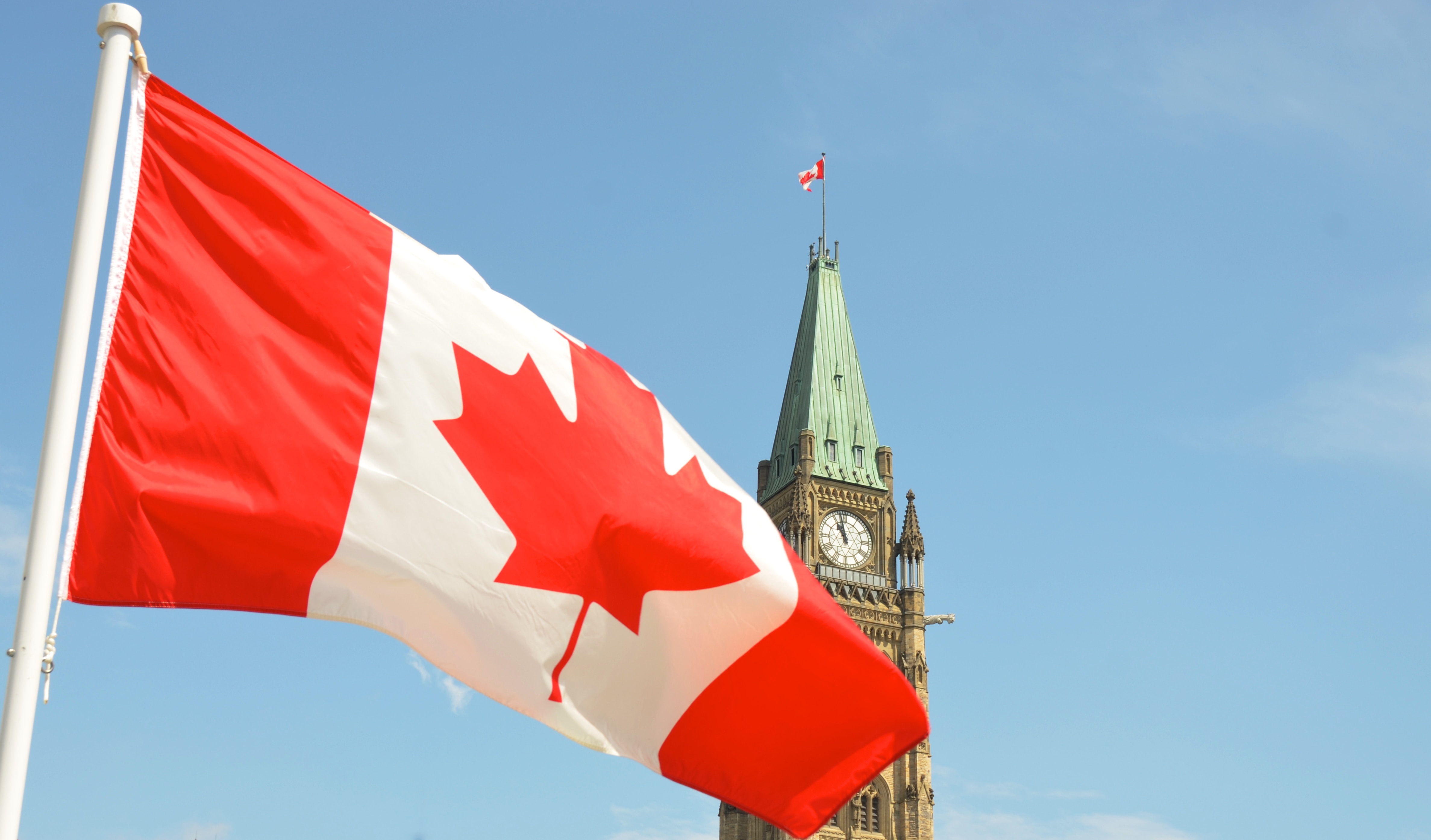
Source: https://unsplash.com/s/photos/canada
Canada is one of the top choices for both immigration and studying overseas. According to the National Statistics Office of Canada, in 2021, there were 621,565 international students holding study permits for different study levels in Canada. EzyRemit offers an exclusive offer for Vietnamese students in Canada – 0 fee for education payment! Meanwhile, they can also pay all-in-one through EzyRemit: tuition fee insurance, rent fee, living expenses, etc.
Grab our one-of-a-kind deal now: https://ezyremit.com/EducationPayment
-
Finland
''Bordered by Sweden, Russia, and Norway, Finland is an exciting destination for a very specific reason—lakes. The nation has an astounding number of lakes, and the official number stands close to 168,000, which is why it is known as “A Land of Thousand Lakes.” It has at least 55,000 lakes that are 200 m wide.'' The Times of India (2017).
Finland is the happiest country in the world for the sixth year in a row, according to the World Happiness Report 2023. The country has a high quality of life, a low level of corruption, and a strong sense of community. Finns enjoy free education and health care, as well as generous social benefits and pensions. They also have a culture of sisu, which means perseverance and courage in the face of adversity.

Source: https://unsplash.com/photos/MMHW_sRtpsw
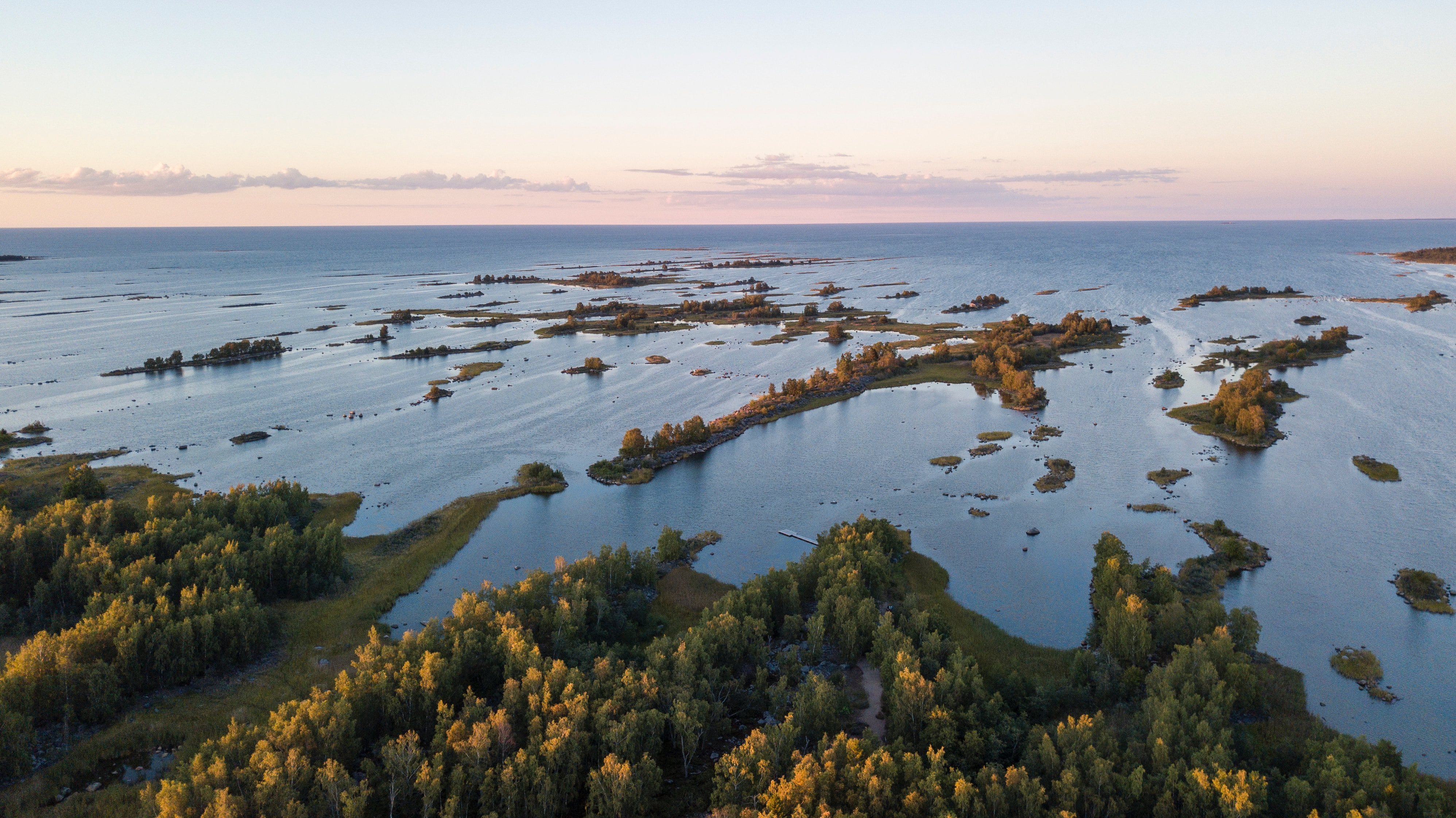
Source: https://unsplash.com/photos/Cvj4LJIHJ3Q
-
Denmark
Denmark is another Nordic country that excels in happiness and well-being. The country has a high level of income equality, social trust, and personal freedom, as well as low levels of crime and violence. Danes benefit from a flexible work-life balance, a comprehensive welfare system, and a high-quality education system. They also have a cozy concept of hygge, which means creating a warm and comfortable atmosphere with loved ones.
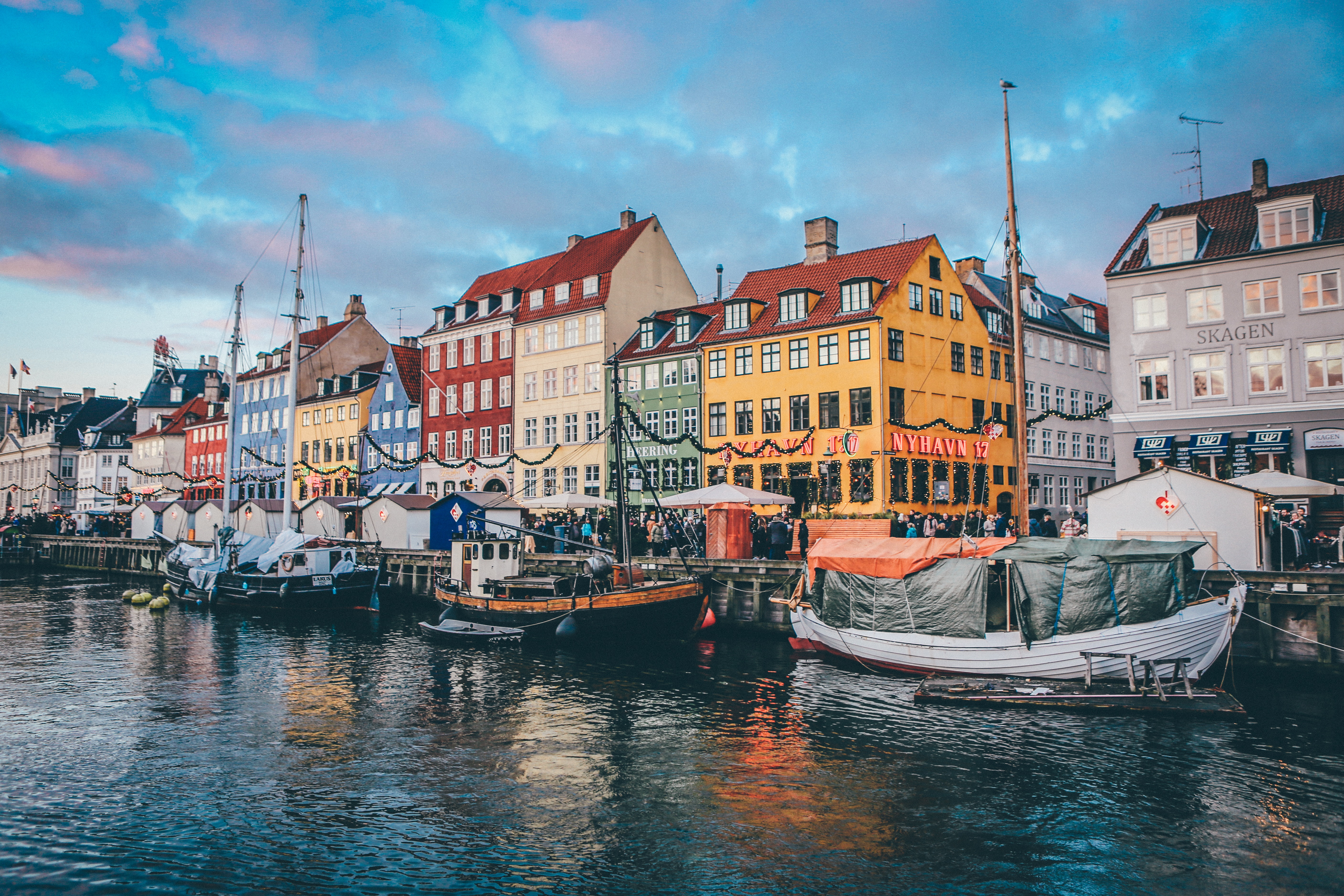
Source: https://unsplash.com/photos/3_ZGrsirryY
-
Switzerland
Switzerland is a landlocked country that is famous for its scenic beauty, chocolate, cheese, and watches. The country has a prosperous economy, a direct democracy, and a high level of innovation and competitiveness. Swiss people enjoy a high life expectancy, a low unemployment rate, and a high level of education and skills. They also have a culture of neutrality, peace, and humanitarianism.
-
Norway
Norway is another Nordic country that ranks among the happiest in the world. The country has abundant natural resources, such as oil, gas, fish, and hydropower, which contribute to its wealth and stability. Norway also has a generous welfare state, a high level of gender equality, and a low level of social conflict. Norwegians value freedom, independence, and individualism, as well as nature, adventure, and outdoor activities.

Source: https://unsplash.com/photos/LtnPejWDSAY
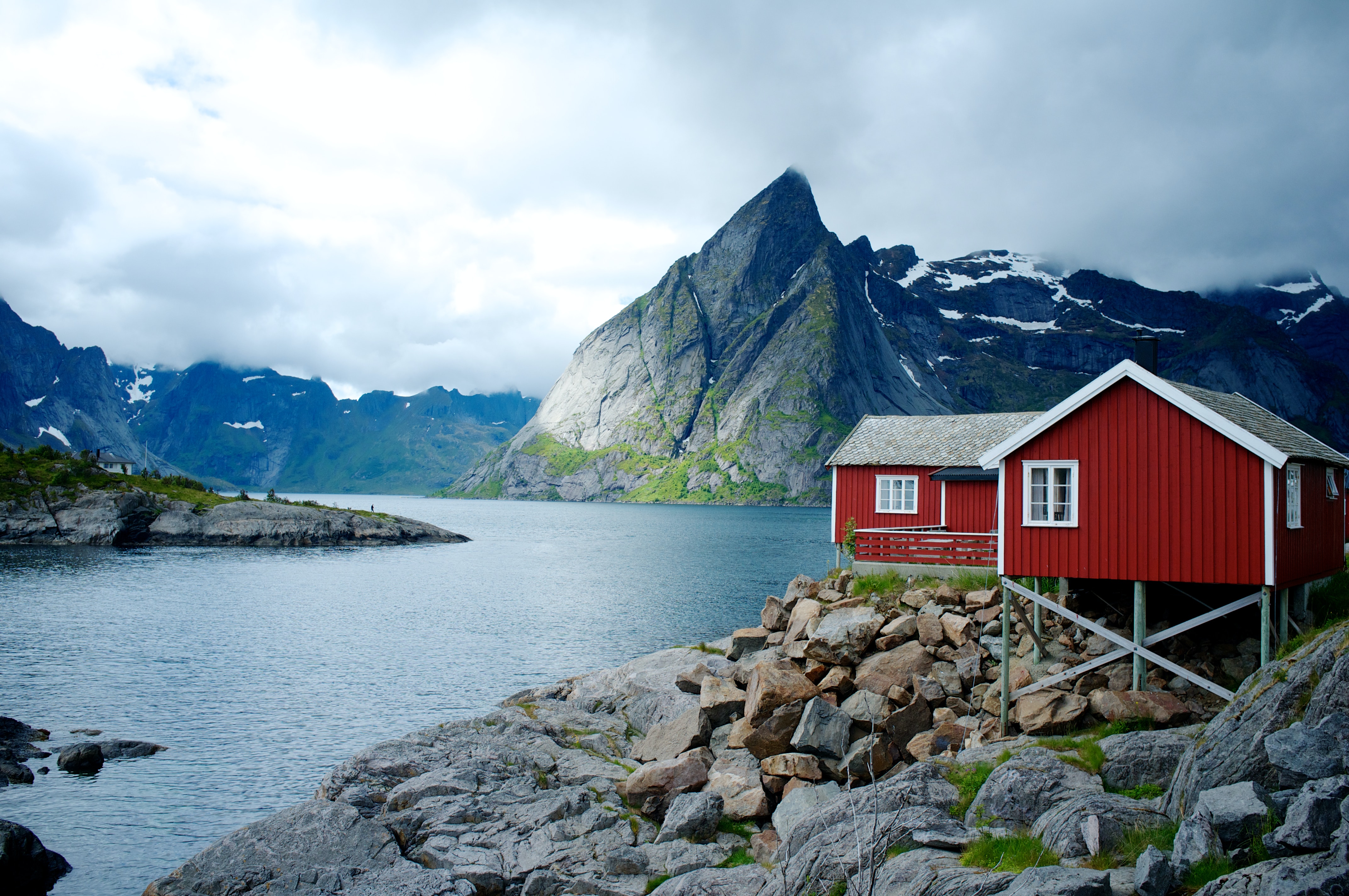
Source: https://unsplash.com/photos/XOEAHbE_vO8
-
Iceland
Iceland is an island nation that is known for its volcanic landscapes, geothermal pools, and northern lights. The country has a small population but a big heart. Icelanders are warm, friendly, and supportive of each other. They have a high level of trust in their government and institutions, as well as in their neighbors and strangers. They also have a strong sense of community, culture, and identity.
-
Netherlands
Netherlands is the happiest country in Europe, according to the World Happiness Report 2023. The country has a flat landscape, a mild climate, and a bike-friendly culture, which promote physical activity and environmental sustainability.
The country also has a high level of income, education, and health, as well as a tolerant and progressive society. Dutch people are open-minded, pragmatic, and fun-loving, and have a positive
outlook on life.
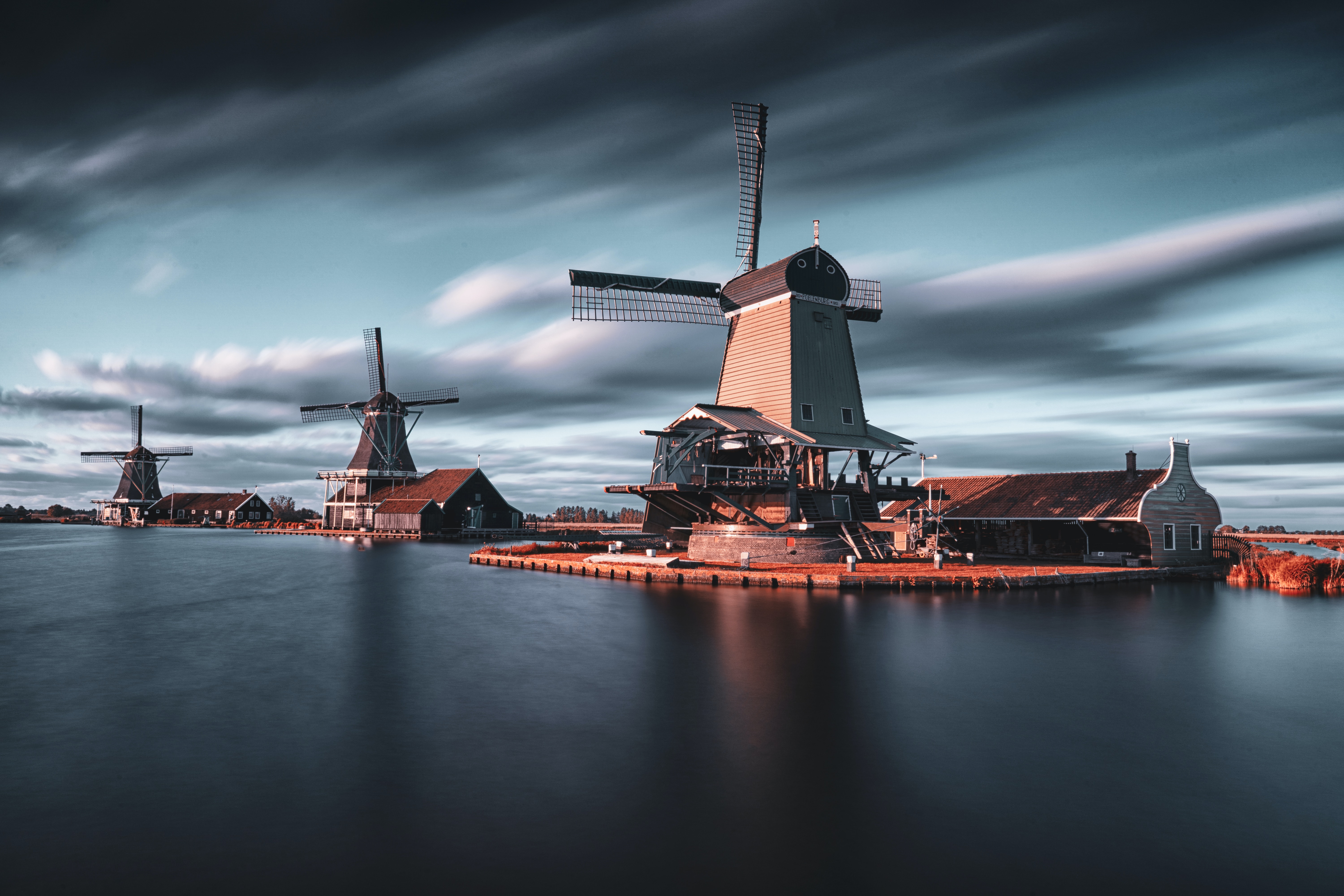
Source: https://unsplash.com/photos/hDOskFirs-c
CONCLUSION
The report’s findings and recommendations are based on sound data and analysis, but they may not capture the full complexity and diversity of human happiness. Happiness is a subjective and multidimensional concept that can vary depending on the individual, the culture, and the context. Therefore, it is important to consider other sources of information and perspectives besides the report, such as personal experiences, local values, and alternative indicators.
Moreover, happiness is not a fixed or static state, but a dynamic and evolving process that requires constant effort and adaptation. Happiness is not something that can be achieved once and for all, but something that can be cultivated and maintained through positive habits, attitudes, and actions. Happiness is not only dependent on external factors, but also on internal factors, such as self-awareness, gratitude, optimism, and resilience.
In conclusion, the report’s findings and recommendations are good for reference to some extent, but you also acknowledge that they are not the only or definitive way to measure and promote happiness. It's critical to remember that everyone has their own definition and path to happiness, and that’s what makes life interesting and meaningful.






